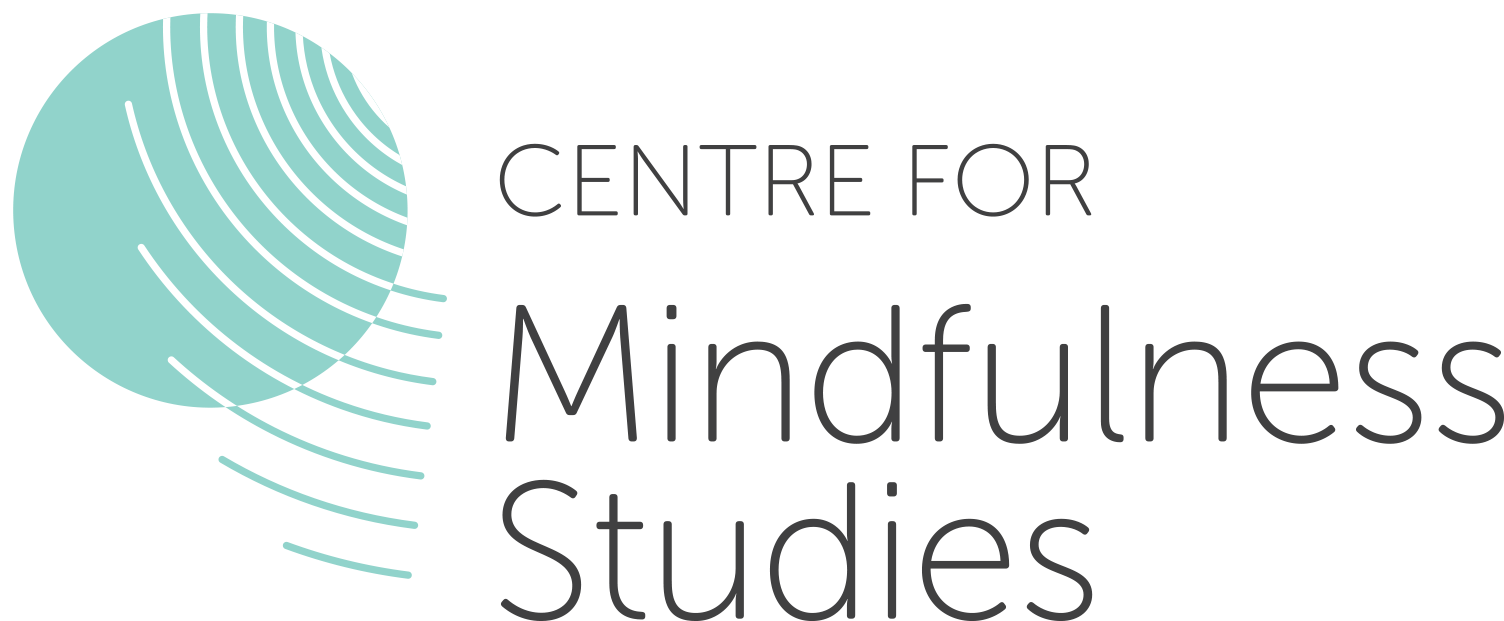Good Practice Guidelines – MBP Trainers & Mentors
Specific Guidelines for Trainers and Mentors of Mindfulness-Based Cognitive Therapy (MBCT), Mindfulness-Based Stress Reduction (MBSR) and other Mindfulness-Based Programs (MBPs).
1. Certified as an Advanced Facilitator through the Centre for Mindfulness Studies or have an equivalent certification
Please note that equivalent certification must include peer mentorship or supervision from a more senior facilitator
2. Facilitation responsibility for at least eight 8-week MBCT or MBSR programs over a period of five years
3. When possible, attend annual silent, teacher-led mindfulness meditation retreats
4. Continue to facilitate mindfulness-based programs at the Centre or elsewhere
5. Stay up-to-date with the current and developing evidence base for mindfulness-based interventions
6. Be steeped in the practice and understanding of mindfulness which is informed by both relevant current scientific and/or clinical understanding as well as its historical antecedents from relevant spiritual and philosophical traditions, the most common example of which is the Buddhist tradition
7. Be up-to-date with current methods of assessing mindfulness-based facilitation competency and maintenance of good practice
8. Proficient to advanced levels of competence in the key domains of the program one is trained in, including:
– Deep understanding of the curriculum and fidelity to the modality being delivered
– Guiding mindfulness practices
– Good relational skills
– Ability to embody mindfulness
– Understanding of group dynamics and logistics, and holding of the group environment
– Facility with inquiry
– Facility with the more didactically-led parts of the curriculum
In general, mindfulness-based trainers need well-developed skills, understandings, and attitudes in the following areas:
1. An experientially-gained understanding of the complexity of mindfulness as an approach and its potential
2. An in-depth understanding of the underlying theoretical principles, aims and intentions, and curriculum components of the mindfulness-based program they are training others to facilitate
3. Understand and have the capacity to train others in the principles underpinning the adaptation of mindfulness-based programs to different contexts and populations
4. Skill in working with groups, especially the creation of a safe and supportive learning environment
5. The ability and skill needed to support trainees in identifying their strengths and learning needs, and providing feedback that facilitates new learning
6. A solid understanding of the Mindfulness Based Intervention-Teacher Assessment Criteria (MBI-TAC) or equivalent competency-based rating instrument
7. A sensitivity to, and appreciation of, the interface between secular, therapeutic mindfulness and the traditional and cultural roots of mindfulness
The mentor will work within the ethical framework of her/his profession or training and will additionally have particularly developed sensitivities in relation to:
– Only training within the limits and boundaries of competence as well as scope of practice
– Only asking trainees what is asked of self in relation to informal and formal mindfulness practice
Acknowledgement: UK MBI Teacher Training and UCSD Mindfulness Based Professional Training Institute Good Practice Guidelines as templates for this document.
